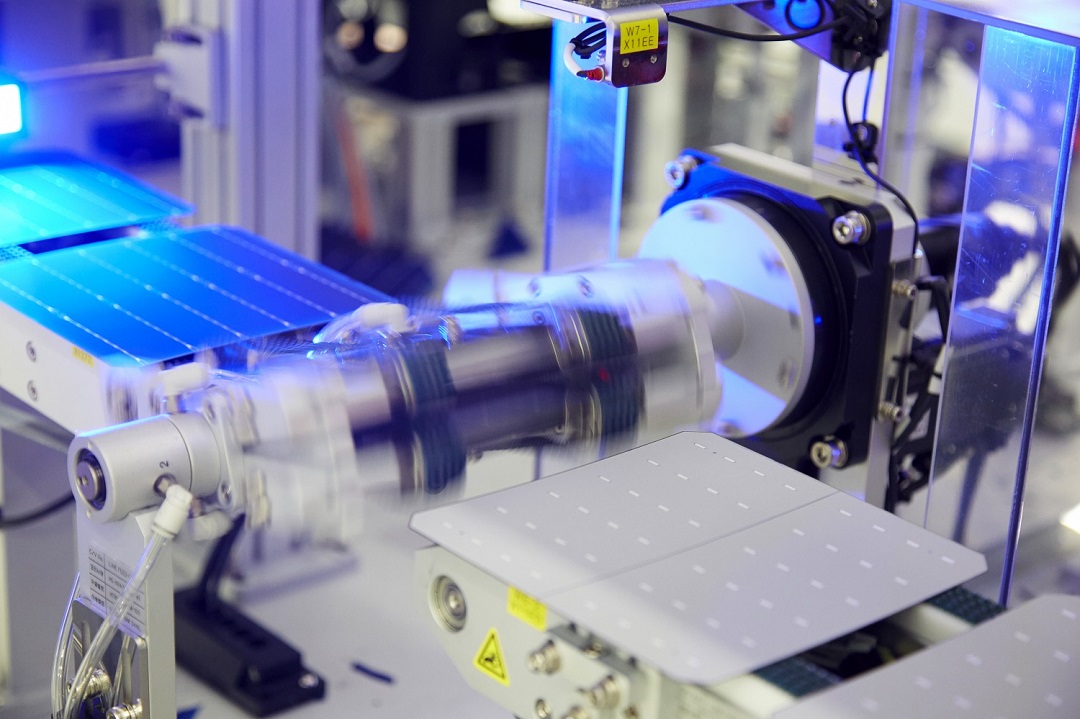China’s Re-examination and Invalidation Department of the Patent Office earlier this month upheld the validity of two of Hanwha Q-Cells’ patents (‘971 and ‘407), related to high-efficiency silicon solar cells, following a challenge by Chinese PV panel maker Longi Solar.
The China decision comes after Hanwha Q-Cells had similar success in Germany where the company had launched a suit against Longhi and fellow competitors Jinko Solar and REC Solar citing patent infringements over the same technology (‘971, equivalent European patent EP 2 220 689). In June, the Düsseldorf Regional Court ruled in favour of Hanwha Q-Cells, issuing orders prohibiting the sale and import of the infringing products.
Hanwha Q-Cells Australia’s head of business, Peter Bae, welcomed the China ruling and said it and the German decision could have a bearing in Australia where Hanwha Q-Cells has also filed patent infringement proceedings against Longi, Jinko and REC.
“Protection of intellectual property rights and strict compliance with IP laws are more important than ever for our fast-evolving solar industry,” Bae said.
“We welcome the recent decisions by the German courts and the Chinese Patent Office and are confident that we will witness a similar outcome here in Australia.”
Hanwha Q-Cells’ Australian complaints, lodged in March 2019, allege that Longi, Jinko and REC are importing and selling solar cells and modules that infringe the company’s Australian patent rights. In particular, the complaints allege that Longi, Jinko and REC have incorporated Hanwha Q-Cells‘ patented passivation technology – which plays a key role in improving the efficiency and performance of solar cells – into their products.
“We must uphold fair competition throughout the industry,” Bae said.
“Q Cells is internationally recognised for the strength of its R&D programs. Protecting the company’s intellectual property rights is a prerequisite for ensuring that the next generation of technological innovations continues to stem from genuine, long-term R&D efforts.”
This content is protected by copyright and may not be reused. If you want to cooperate with us and would like to reuse some of our content, please contact: editors@pv-magazine.com.









1 comment
By submitting this form you agree to pv magazine using your data for the purposes of publishing your comment.
Your personal data will only be disclosed or otherwise transmitted to third parties for the purposes of spam filtering or if this is necessary for technical maintenance of the website. Any other transfer to third parties will not take place unless this is justified on the basis of applicable data protection regulations or if pv magazine is legally obliged to do so.
You may revoke this consent at any time with effect for the future, in which case your personal data will be deleted immediately. Otherwise, your data will be deleted if pv magazine has processed your request or the purpose of data storage is fulfilled.
Further information on data privacy can be found in our Data Protection Policy.